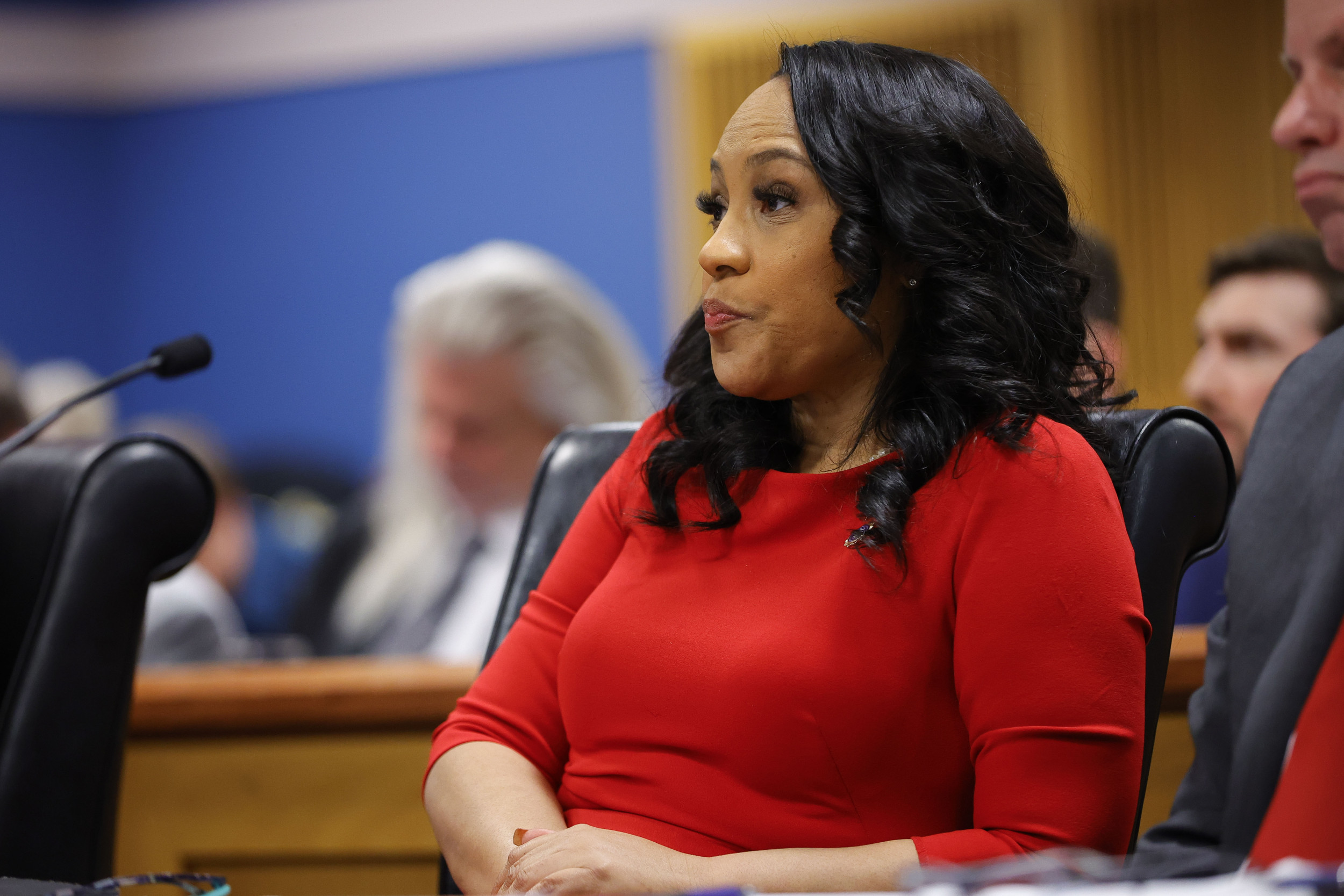When Juveline Ngum Ngwa was 6, a terrifying flood swept away all her family's belongings in Douala, Cameroon's largest city. Years later, that traumatic event led her to found a waste-management company that helps communities mitigate the risk of floods. It does so by using drones to locate heaps of dumped garbage that are clogging up drains and increasing the risk of flooding. The waste is removed, sorted, and recycled, providing an income for informal waste collectors and a measure of relief from the floodwaters that plague Douala during the rainy season.
We need more women-led and more locally-led solutions, to broaden and deepen our response to environmental problems that are only getting worse with climate change. Yet too often, women's views are ignored. This is true both at the local level and in the highest echelons of global climate negotiations, where women are under-represented.
We urgently need to redress this injustice because wherever gender-based discrimination exists, climate change is making it worse.
The Female Climate Burden
Climate change magnifies inequalities that already exist. This is true of land tenure, education and employment opportunities, access to financial resources, and decision-making power. Even our response to the negative impact of climate change—for example, in the allocation of disaster relief and climate finance—has not been gender neutral.
Unless we adopt a new approach—one that takes female views, needs, and specific vulnerabilities into account—climate action will fail in its promise of improving the lives of women and girls.
A Gender Climate Lens
To understand how climate change affects women and men differently, a gender analysis is a good first step. This helps identify where inequalities exist and where to take relevant measures. It is then easier to develop more targeted climate policies and initiatives, addressing the needs of women and girls, as well as men and boys.
Most countries do not yet have gender-sensitive climate policies, but a growing number are making efforts to introduce them.

In Chad, a country that ranks second to last in the World Economic Forum's Global Gender Gap Index, women are being encouraged to join community preparedness and response committees in N'Djamena, the capital, which has experienced devastating floods in recent years. The World Bank, Global Center on Adaptation (GCA), the Norwegian government, and Danish government are helping the disaster-preparedness program reach more women by broadcasting educational campaigns on radio programs that are popular with women, and financing job-creation initiatives for women in areas such as urban agriculture, greening projects, and neighborhood clean-ups.
Greater female engagement is also a priority in Kenya, where the GCA has been active in helping to draw up locally-led "People's Adaptation Plans." In Mukuru, one of Kenya's largest informal settlements, such community-based programs are helping to improve the lives of women like Diane Mwende. She used to walk 30 minutes every day to fetch water but now that walk is just two minutes thanks to water points that have been installed in her neighborhood. The People's Adaptation Plan's success is now being used to transform similar slums in Kenya and beyond.
Empowering Women for Climate Action
We know that when women get involved, climate solutions have a greater chance of success. The World Bank has a growing body of evidence linking women's participation and leadership in climate action with better resource governance, project results, and disaster readiness.
"According to one estimate, if all female smallholders received equal access to resources, their farm yields would rise by 20 to 30 percent, 100 to 150 million people would no longer go hungry," and carbon emissions would fall dramatically through improved farm practices.
Giving women increased access to resources can reduce vulnerability and create more resilient households and communities. Equally, more women in decision-making roles enriches the range of solutions available to address climate change.
Increasing the gender-responsiveness of climate finance is also a win-win. Countries as diverse as Zimbabwe and Uzbekistan have launched successful female-friendly green finance initiatives—Zimbabwe with a fund for female solar entrepreneurs and Uzbekistan with green mortgage schemes for female-led rural households.
We believe that a climate-safe future for all is within our grasp. But to achieve this we urgently need more gender-sensitive climate action. We need more women in decision-making roles and women need greater access to climate solutions, including finance.
Now, more than ever, it is critical that we put gender equality at the heart of climate action.
Anne Beathe Tvinnereim is the Norwegian government's minister for international development and minister of Nordic cooperation.
Dan Jørgensen is the Danish government's minister for development cooperation and global climate policy.
Patrick Verkooijen is CEO of the Global Center on Adaptation.
The views expressed in this article are the writers' own.
Uncommon Knowledge
Newsweek is committed to challenging conventional wisdom and finding connections in the search for common ground.
Newsweek is committed to challenging conventional wisdom and finding connections in the search for common ground.
About the writer
To read how Newsweek uses AI as a newsroom tool, Click here.





